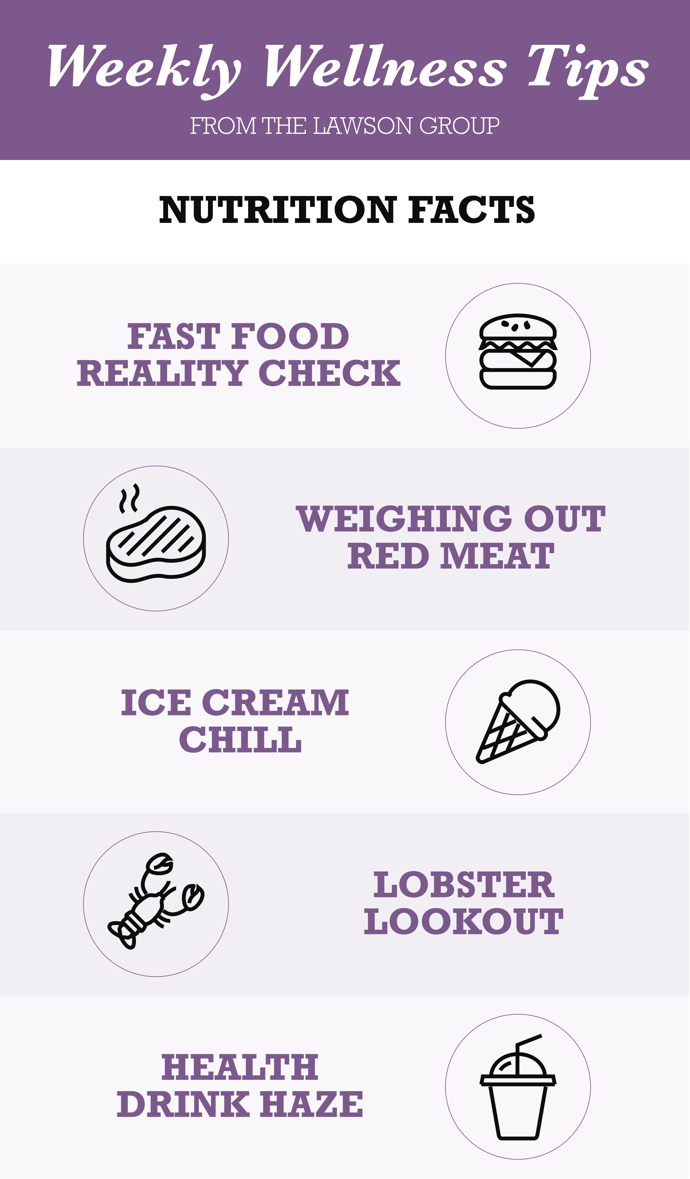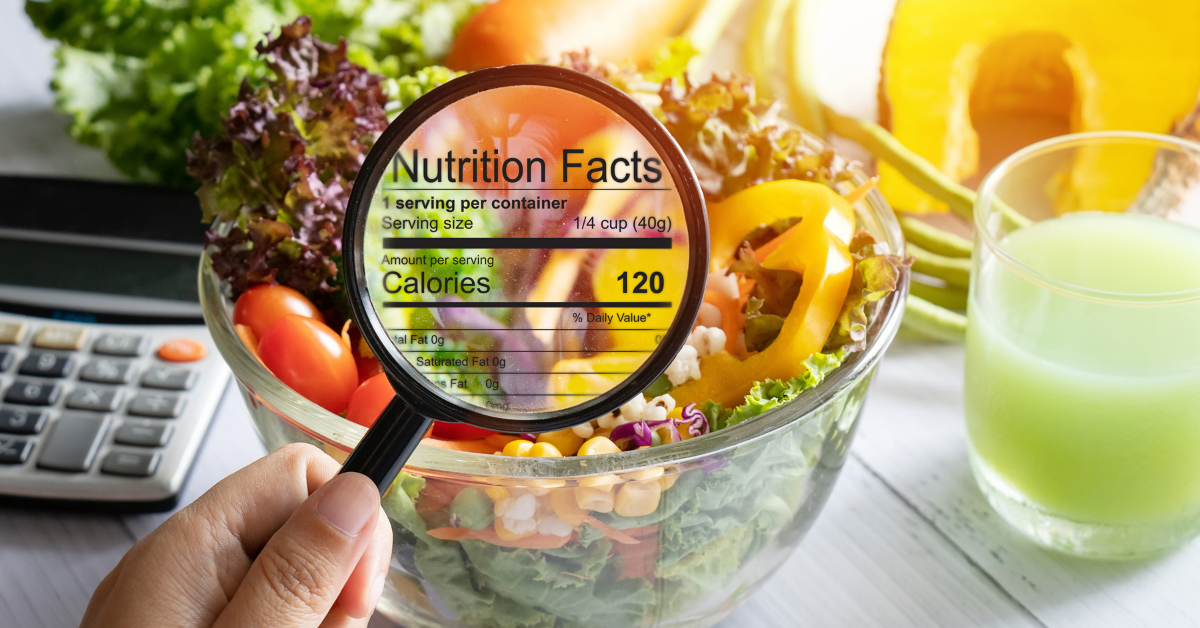Most of us eat with our hearts, not for our hearts, which can cause some problems down the line. At a certain point, it's important to start checking the nutrition facts label on the food you eat, but that can be tricky when you're already sitting down at a restaurant. Here are some quick tips to help you make smart choices when deciding what to eat.
For your convenience, you can download the printer-friendly version of this post here.
Fast Food Reality Check
Before you order that double cheeseburger, consider this: A McDonald’s Big Mac has 75 mg of cholesterol and a Wendy's Baconator has a whopping 205 mg of cholesterol.
You might want to hold the fries and the shake, or better yet, order a plain burger instead!
Weighing Out Red Meat
Even under the best of circumstances (with the fat well-trimmed and cooked in olive oil), a 4-ounce rib-eye steak takes up a big chunk of your recommended daily allowance for saturated fat and cholesterol.
If you’re not ready to say goodbye to beef, consider leaner cuts of meat, such as tenderloin, flank, round, rump, or tip steak.
Ice Cream Chill
Ice cream beats cookies and brownies as our most popular frozen dessert, but did you know that a single cup of ice cream generally has more fat than a hamburger and more cholesterol than 10 glazed doughnuts?
Skip the scoop and replace it with a sorbet, or try a cup of fresh fruit for dessert (maybe with some yogurt) instead.
Lobster Lookout
Some types of seafood are good for you, but others are loaded with cholesterol. Three ounces of lobster has 61 mg of cholesterol—and that’s before you dip it in melted butter.
If you go out for seafood, stay away from the butter and remember that broiled is much better than fried.

Health Drink Haze
There are so many different types of health drinks with vitamins, probiotics. Sounds great, but be careful.
Many of these drinks pack a punch with the sugar levels (and calories from sugar). If the drink is sweet with little to zero calories, then the drink is likely packed with artificial sweeteners (many studies of which show increased health risks for things such as vascular disease events and metabolic syndrome).








